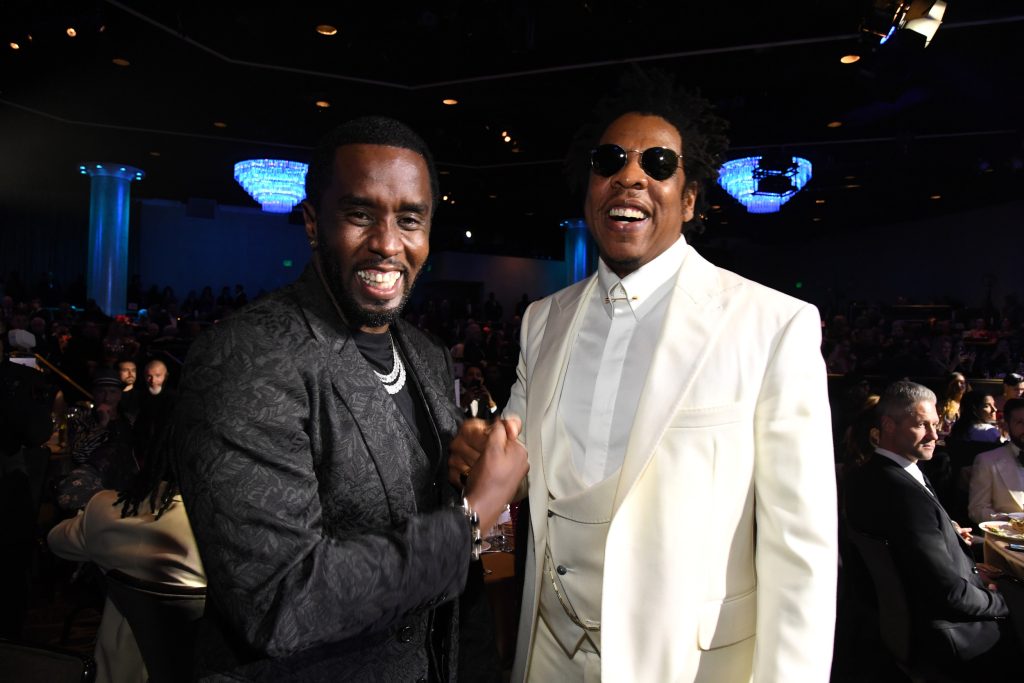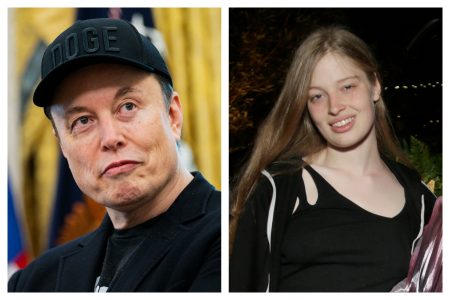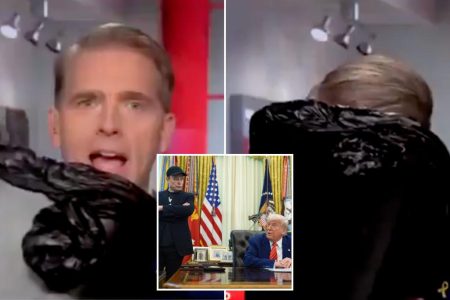This case involves a recently amended federal lawsuit accusing prominent figures in the music industry, Shawn “Jay-Z” Carter and Sean “Diddy” Combs, of sexually assaulting a minor in 2000. The lawsuit, initially filed in October 2023 against Combs, was refiled in November to include Carter. The plaintiff, identified as “Jane Doe,” alleges the assault occurred after she was taken to an MTV Video Music Awards after-party and subsequently to a private residence where she was pressured to sign what she believed was a non-disclosure agreement. The details of the alleged assault remain undisclosed in publicly available information, but the severity of the accusations is undeniable.
Carter vehemently denies the allegations, characterizing the lawsuit as a “blackmail attempt” orchestrated by the plaintiff’s attorney, Tony Buzbee. In a public statement, Carter expressed outrage and questioned Buzbee’s ethics, accusing him of exploiting the plaintiff’s story for financial gain. He further emphasized the emotional toll the allegations have taken on his family, particularly his children, who are now forced to confront the public scrutiny surrounding the case. Carter asserts his innocence and pledges to fight the allegations in court. He also highlights the importance of supporting true victims of sexual assault, distinguishing them from what he sees as a fabricated claim.
Buzbee refutes Carter’s characterization of the lawsuit as a blackmail attempt, stating that the plaintiff never demanded any monetary settlement. He claims that Carter’s response to the initial demand letter, which sought a confidential mediation, has been to sue Buzbee and allegedly harass both him and the plaintiff. Buzbee maintains that these actions have only strengthened the plaintiff’s resolve, and he expresses confidence in the judicial process and their ability to prove the facts of the case in court. The stark contrast between Carter’s and Buzbee’s accounts creates a complex narrative where determining the truth will be the central challenge for the court.
For Combs, this lawsuit adds another layer of legal complexity to his existing legal battles. He is currently facing federal charges of racketeering and sex trafficking and is being held without bail. His trial is scheduled for May 2024, and this new lawsuit will undoubtedly add to the pressure and scrutiny he is already facing. Combs’ legal team has consistently denied all allegations against him, referring to them as publicity stunts aimed at extracting money from high-profile individuals. They maintain his innocence and express confidence that he will be exonerated in court.
The allegations against both Carter and Combs are serious and, if proven true, could have devastating consequences for their careers and reputations. The conflicting narratives presented by the involved parties highlight the challenges inherent in such cases. While Carter vehemently denies the allegations and accuses Buzbee of unethical conduct, Buzbee maintains the plaintiff’s claims and accuses Carter of attempting to silence them. The legal proceedings will be crucial in determining the veracity of the accusations and the appropriate course of action.
This case also underscores the broader societal issue of sexual assault allegations against powerful figures. The #MeToo movement has brought increased attention to this issue, leading to greater scrutiny of such claims and a greater willingness of victims to come forward. However, it also raises complex questions about the balance between protecting the rights of accusers and the presumption of innocence for the accused. The legal battles surrounding these allegations will likely continue for some time, and the outcome will have significant implications for all parties involved. The case serves as a reminder of the profound impact of sexual assault allegations, both on the individuals involved and on the broader societal conversation about power, accountability, and justice.










